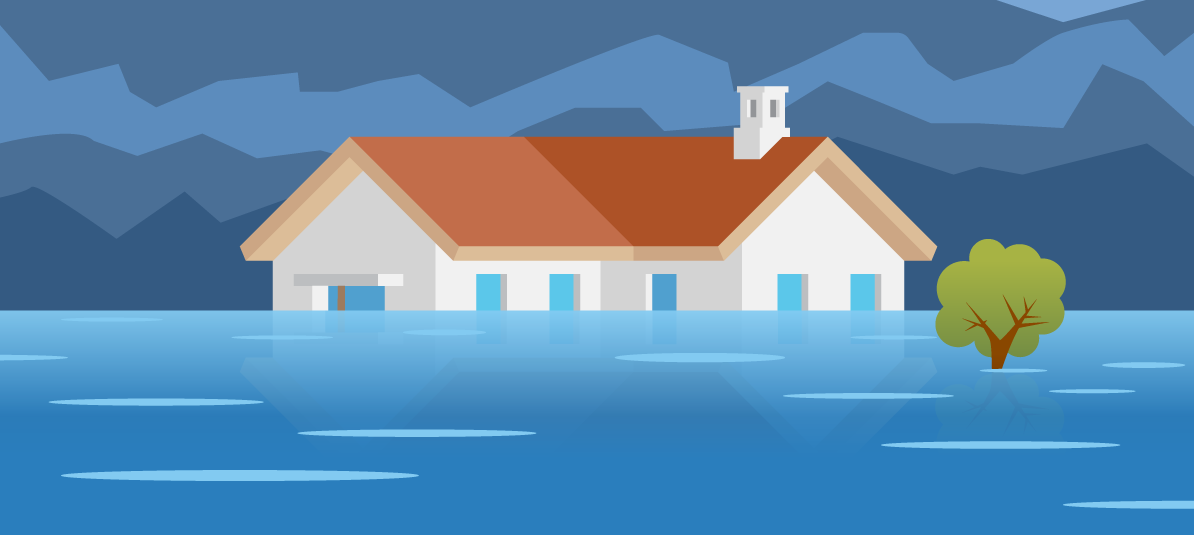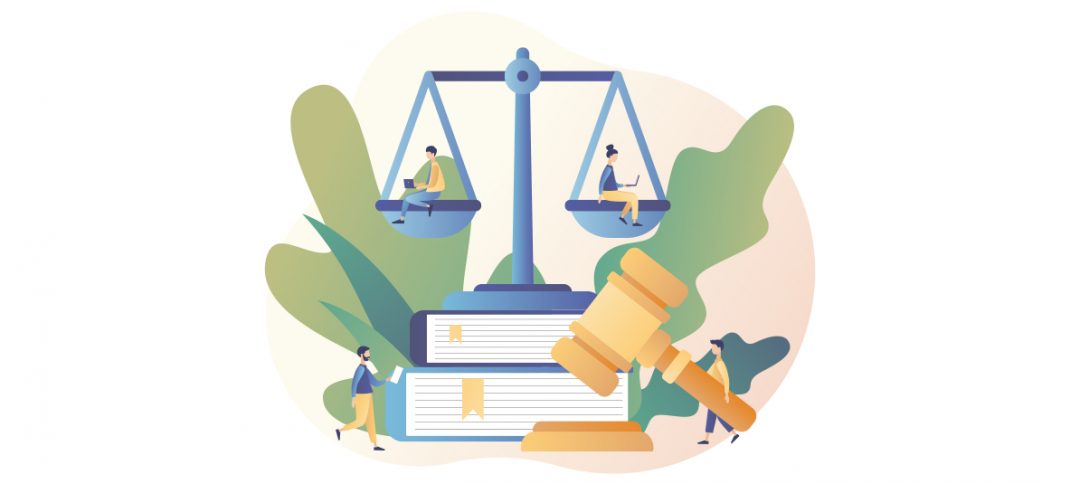In Spain these damages are covered by the Insurance Compensation Consortium. This body is responsible for dealing with the claims of those affected. But the compensation fund is provided by all of us, since all the insurance policies taken out in Spain include a mandatory surcharge that is allocated to a common fund managed by the Consortium.
Those affected by a natural disaster can find themselves in two different situations:
- If they have an insurance policy, it will be the Consortium that takes responsibility for the damages caused, through the common fund set up with the contributions from private insurance policies.
- If they do not have an insurance policy, payment of the damages incurred will depend on the declaration of a catastrophic area by the Government, and the corresponding governmental aid it may set.
In the case of the torrential rains that affected Murcia, Alicante, Valencia, Almería, Malaga and Madrid in September 2019, the Consortium received close to 65,000 applications, at an estimated total cost of 434 million euros.
Damages caused in terrorist attacks or public riots are also covered by this body. The terrorist attacks in Barcelona in 2018 also triggered the Consortium’s mechanisms, which paid out 875,000 euros for the damages caused to dwellings and vehicles as well as personal injuries.
The Consortium also operates as an automobile insurer in those cases in which the vehicle has not been accepted by insurance companies, as well as in claims in which the causal vehicle has no insurance, has been stolen, or is unknown (in this case it only covers personal injury). It also assumes the management of insurance companies in liquidation.
Our Insurance Museum provides more information about the evolution of the Insurance Compensation Consortium as well as the history of insurance.









